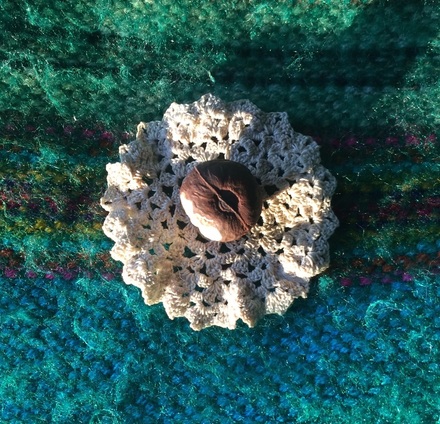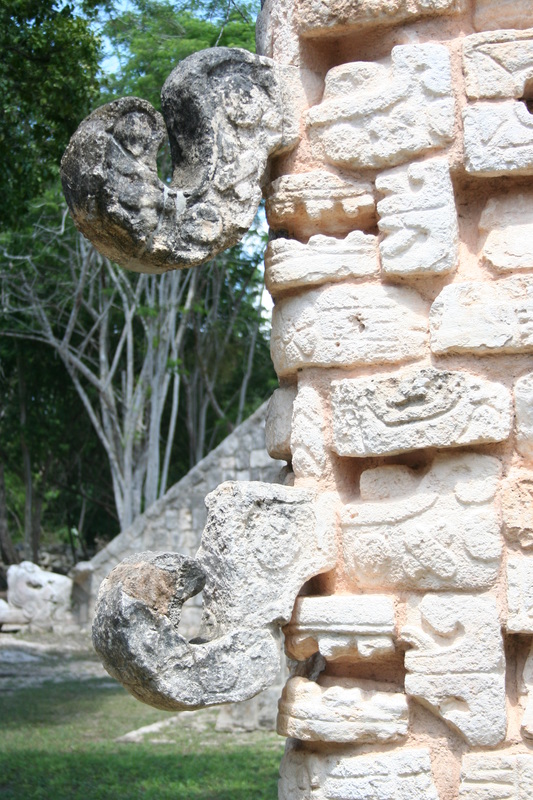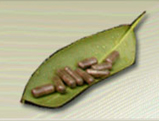 Loading... Please wait...
Loading... Please wait...Providing 25 Years Of Premium Service
Storewide Sale - Save 20%
THE MANY NAMES OF MAYA NUT (CAPOMA)
Posted on 27th Apr 2015
With over 150 traditional names illustrating the vast expanse and wide-spread use of Capomo, just who named this versatile seed, "Maya Nut"?

That would be us - Modern Americans, specifically, modern indigenous peoples of Mexico, Central and South America. Ancient Mayans certainly did not invent this title any more than we would call our own staple peanut, "United States Nut," though humans two milliniums from now may. Truth be told, we could call Capomo, "American Nut," as her traditional use extends from South America through Central America, and Mexico, now continuing even further Northward on the continent to the U.S. in these latter days.
Modern observers have discovered groves of Brosimum Alicastrum in and around Mayan ruins, leading archeologists and ethnobotanists to conclude that Ancient Mayan's cultivated Capomo orchards as a staple crop, and term the widely utilized forest food, "Maya Nut." According to Charles Peters novel hypothesis, Capomo-loving frugivorous bats congregated in and around the ruins, discarding the seeds after devouring their succulent flesh. In this scenario, the ancient Mayan Capomo orchards transform into bat-disperesed forest gardens. And so it goes; Capomo controversy, archeology and research march ever forward.
Just a few of more than 150 traditional names from Mexico south to Brazil, showcasing Capomo's expansive terrain and wide usage for food, medicine, carpentry, fuel, and fodder.
Mexico: Capomo, Ramón, Mojo, Ojite
Guatemala: Ujuxte, Ax, Ramón
El Salvador: Ojushte
Hondoras: Masica, Pisba-waihka
Nicaragua: Ojoche, Pisba-waihka
Costa Rica: Ojoche
Panama: Berba
Cuba: Ramón Blanca
Haiti: Chokogou
Jamaica: Breadnut
Trinidad: Moussara
Venezuela: Charo Amarillo, Barimiso, Guaimaro
Columbia: Guaimaro, Charo, Sande
Ecuador: Sande, Tillo
Peru: Serpanchine, Capoma
Brazil: Taju, Murure
Bolivia: Sande
Of note: In Peru, this resilient, long-lived, multi species nourisher, medicine and milk giver is called, Capoma and Serpanchine, both names feminizing the titles given this magnificent creature we may all be so fortunate to encounter.
















